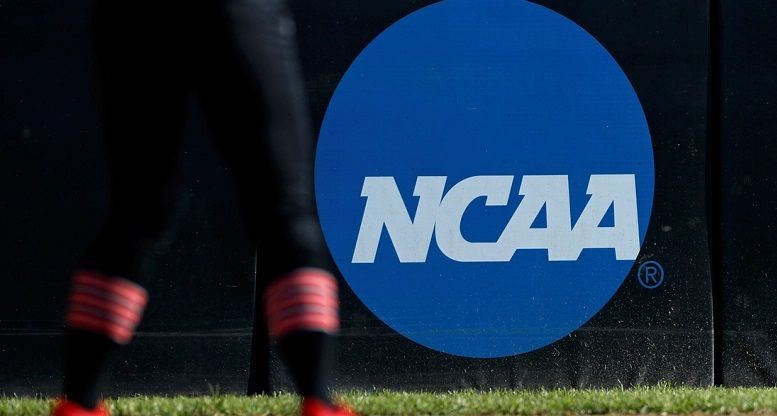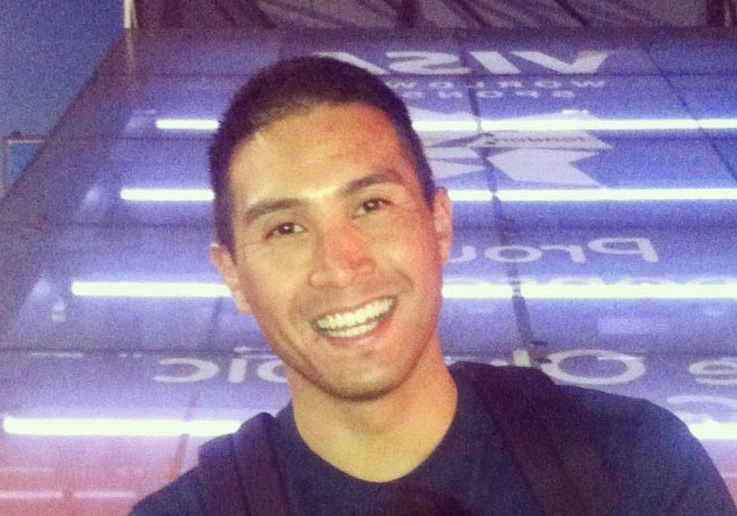The NCAA Issues Extended Guidelines for its Return After Canceling Last Spring’s Championships
It was not a shock when the NCAA has canceled last spring’s championship events and March Madness this year. The NCAA was just being careful about the spread of the 2019 coronavirus and it remains to do so as it recently released extended guidelines for its return if it does in August. Based on the statements made by people from the league, this will really mainly depend on how things are looking when it comes to the spread of the virus by then.
March Madness has always been a big sports event in the US and it is the most wagered on event each year. Surely, the betting industry in the US is greatly affected by this, but there still is a possibility that other NCAA sports events will take place by the fall of this year. If it does, you can check Nostrabet.com to know which bookies offer the best odds on the NCAA lineups by then.
Now, the extended guidelines released by the NCAA to help schools manage the sports events if it does come back in fall include testing and other protocols that they can follow. Mark Emmert, the president of the NCAA spoke about this in his statement pertaining to the guidelines.
Emmert said, "When we made the extremely difficult decision to cancel last spring's championships, it was because there was simply no way to conduct them safely. This document lays out the advice of health care professionals as to how to resume college sports if we can achieve an environment where COVID-19 rates are manageable. Today, sadly, the data point in the wrong direction. If there are to be college sports in the fall, we need to get a much better handle on the pandemic.”
The recommendations released by the NCAA last week were developed in collaboration with the league’s own COVID 19 Advisory Panel, the American Medical Society for Sports Medicine or the AMSSM COVID 19 Working Group, the Autonomy-5 Medical Advisory Group, the National Medical Association, and the NCAA Committee on Competitive Safeguards and Medical Aspects of Sports Prevention and Performance Subcommittee.
The guidelines include testing strategies. For high-contact games, there should be COVID testing done 72 hours prior to the games. There should also be daily self-health checks, testing during the preseason, the regular season, and the postseason, and social distancing should also be observed. They also advised that the use of face coverings during the competition and the training should also be implemented.
The guidelines also stated that if the 72-hour testing cannot be done before a match, there should be an alternative plan for testing in place. When it comes to individuals that are considered with a high risk of exposure, they should be placed in quarantine for two weeks. This is applicable even if an entire team is involved.
According to the NCAA when it comes to traveling when it’s already feasible, the schools should only travel on the same day of a match and avoid overnight stays. However, if overnight stays are deemed as necessary, protocols should include masking and social distancing. Prepackaged meals or room service should also be considered according to the guidelines.
Brian Hainline, the chief medical officer of the NCAA spoke about the guidelines they released and said, "Any recommendation on a pathway toward a safe return to sport will depend on the national trajectory of COVID-19 spread. The idea of sport resocialization is predicated on a scenario of reduced or flattened infection rates."
Aside from the guidelines on how the schools should go about the sports events if it does return this fall, they also issued specifics on what could help the campuses determine whether it’s no longer safe to proceed with any college sports. This includes the following:
· The lack of ability to isolate new positive cases or quarantine high-contact risk cases on campus
· Inability to perform symptomatic surveillance and pre-competition testing when warranted
· There are campus-wide or local community test rates that are considered unsafe by local public health officials
· There is an inability to perform adequate contact tracing
· The local public health officials stating that there is an inability for the hospital infrastructure to accommodate COVID 19 patients.
Bob Bowlsby, the commissioner of The Big 12 schools have said that they do plan on implementing the testing protocols, but surely, there will be challenges to do this. The availability of testing by then would have to be considered as well as the turn around time for the results of the tests.



